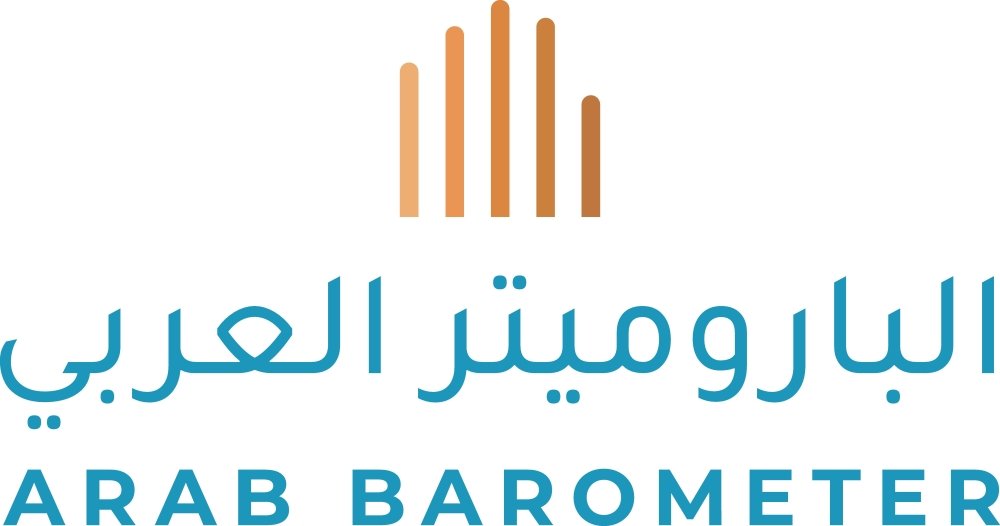Arab Barometer 2024 Gender Report Launch
Submit a question
The Wilson Center’s Middle East Program (MEP) and Arab Barometer hosted the launch of the 2024 Arab Barometer Gender Report.
Arab Barometer, the longest-standing and the largest repository of publicly available data on MENA citizens, recently conducted its eighth round of polling assessing attitudes toward women’s rights and gender equality. MaryClare Roche, PhD, Director of Technology and Innovation at Arab Barometer, presented the data and key findings on attitudes regarding female workforce participation, political leadership, and education, as well as gender roles in and out of the home. Over the past year, how have regional attitudes and gender norms shifted? In particular, how does having working female relatives affect attitudes towards gender norms?
MaryClare Roche, PhD, director of technology and innovation at Arab Barometer, presented key findings from the Arab Barometer's eighth wave of polling, focusing on attitudes toward gender issues across the Middle East & North Africa (MENA). She highlighted a decline in support for gender equality, particularly regarding equal workplace opportunities, political capacity, and household decision-making, compared to previous surveys.
The intersection of wealth & resources with gender norms
Differences between MENA countries are also evident. Safae El Yaaqoubi, policy analyst and MENA expert, emphasized that Kuwait’s wealth and resources allow for better public sector jobs, flexible working hours, and childcare services, which contribute to greater gender equality.
Yaaqoubi also noted the challenges faced by countries like Morocco and Tunisia are linked to job opportunities. During times of economic hardship, there is often a retrenchment to patriarchal norms, when men are expected to be the primary breadwinners and women’s roles in the workforce are seen as secondary or even unnecessary. This survival mentality, exacerbated by issues like economic crises, years of drought, and the impact of COVID-19, has led to a regression in gender norms, particularly in Morocco.
Yaaqoubi expressed concern about what she termed "internalized patriarchy." Women themselves may support the idea that men should be the sole decision-makers in households. This mindset is troubling because it perpetuates gender inequality through socialization processes, where these beliefs are passed down to future generations. She emphasized the need for awareness-raising campaigns and strategies to change these mindsets, although she acknowledged that there is no single solution.
Expanding on this, Merissa Khurma, director of Middle East Program at the Wilson Center, said that structural challenges and tough economic conditions often lead to prioritizing male employment as the main breadwinner. Without a supportive, family-friendly environment, many women may choose to stay home, as balancing work and household responsibilities remains difficult. This reinforces the need for structural changes to support gender equality both at work and at home.
The impact of state-directed norms
Kristin Smith Diwan, senior resident scholar at the Arab Gulf States Institute in Washington, provided insights into how state-directed norms and economic factors can significantly influence gender roles, using Saudi Arabia as a key example. She discussed how the Saudi government had long enforced strict gender segregation and limited women's employment opportunities. However, since 2017, under new leadership, there has been a dramatic shift toward encouraging women's participation in the workforce, leading to rapid growth in female labor force participation. Diwan noted that this shift was possible because there was already a latent capacity and support for women’s education and employment. Diwan also highlighted the role of cultural norms and the potential for rapid attitude shifts when societal preferences are better understood.
Overcoming barriers to female labor force participation
Khurma zoomed into Jordan, which shows one of the lowest female labor force participation rates despite high levels of education among women. She discussed the barriers women face, particularly the lack of affordable childcare, which the state needs to address. She also pointed out the discriminatory practices in the private sector, where companies avoid hiring women likely to start families. She highlighted the importance of political will and the role of civil society organizations in bridging these gaps.
The importance of positive role models
Finally, Roche highlighted the silver lining from the polling data: both men and women who have female relatives who work tend to be more supportive of gender equality. Khurma, highlighting the positive impact of role models, stressed the importance of storytelling and celebrating achievements, like those of female athletes in the Olympics, to inspire change.
Moderator

Panelists




Hosted By

Middle East Program
The Wilson Center’s Middle East Program serves as a crucial resource for the policymaking community and beyond, providing analyses and research that helps inform US foreign policymaking, stimulates public debate, and expands knowledge about issues in the wider Middle East and North Africa (MENA) region. Read more


Middle East Women's Initiative
The Middle East Women's Initiative (MEWI) promotes the empowerment of women in the region through an open and inclusive dialogue with women leaders from the Middle East and continuous research. Read more



